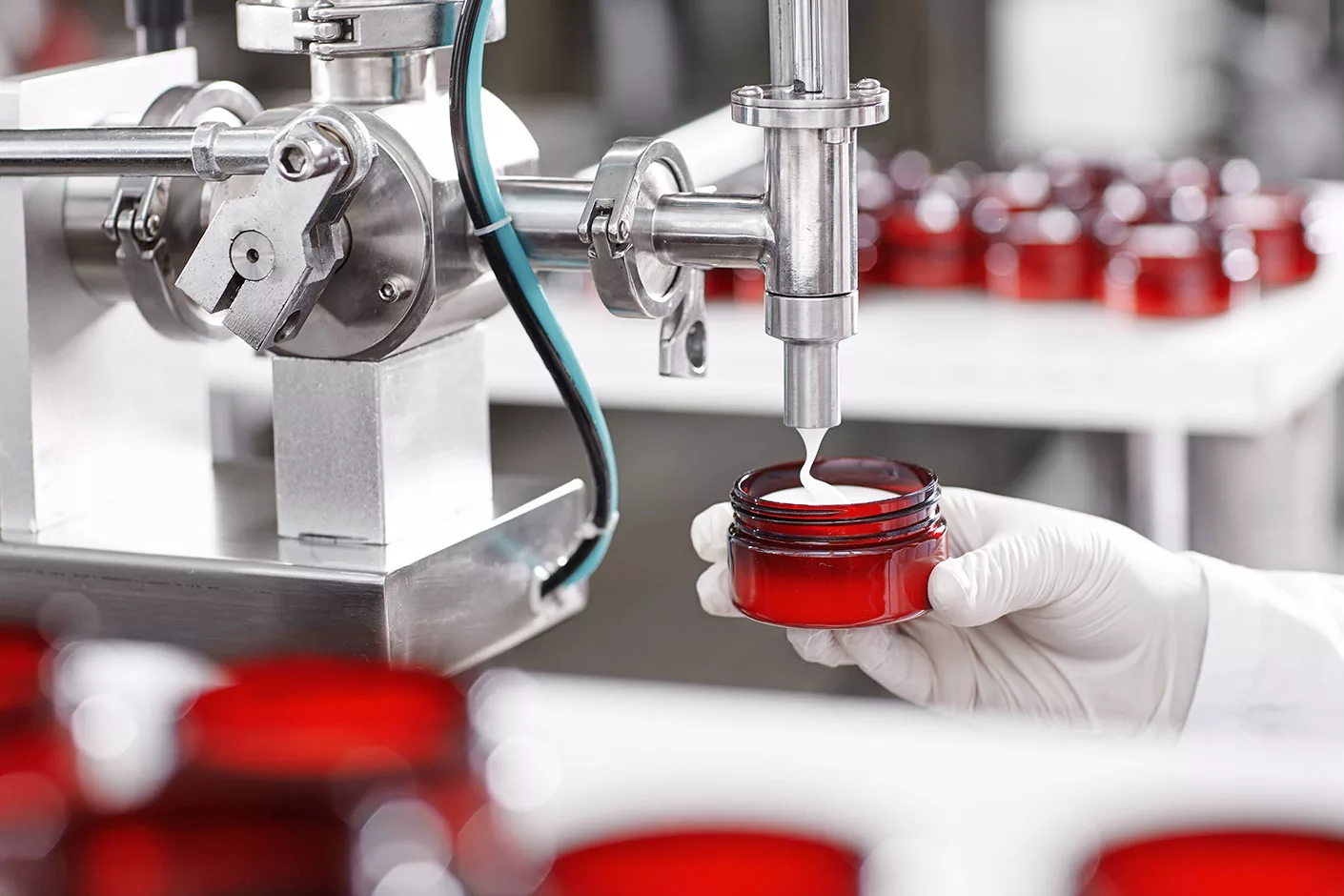Verify Your Email Address
Please ensure to verify your email for confirmation. We recommend checking your spam and trash folders as well.

In the dynamic world of cosmetics, contract manufacturing for filling cosmetics has emerged as a pivotal solution for brands aiming to streamline their production processes while maintaining quality and compliance standards. This article aims to delve into the intricacies of contract manufacturing in the cosmetics industry, shedding light on its benefits, considerations, and key factors to ensure a successful partnership.
Contract manufacturing involves outsourcing the production of goods to third-party manufacturers, known as contract manufacturers (CM). In the cosmetics sector, contract manufacturing for filling cosmetics encompasses a range of services, including formulation development, filling, packaging, and labeling of cosmetic products. By leveraging the expertise and infrastructure of CMs, brands can focus on marketing, branding, and expanding their product lines without the burden of manufacturing logistics.
Contract manufacturing for filling cosmetics offers a strategic solution for brands seeking efficient and cost-effective production processes. By partnering with reputable CMs, brands can leverage specialized expertise, streamline production workflows, and bring high-quality cosmetic products to market swiftly. However, careful consideration of factors such as reputation, capabilities, quality control, and communication is crucial for selecting the right CM and ensuring a successful partnership. With diligent planning and collaboration, brands can navigate the contract manufacturing process effectively and unlock opportunities for growth and innovation in the cosmetics industry.

High Quality, Low Price, No Minimum, One-stop Private Customized Cosmetics Shopping Website.
| Cookie | Duration | Description |
|---|---|---|
| cookielawinfo-checkbox-analytics | 11 months | This cookie is set by GDPR Cookie Consent plugin. The cookie is used to store the user consent for the cookies in the category "Analytics". |
| cookielawinfo-checkbox-functional | 11 months | The cookie is set by GDPR cookie consent to record the user consent for the cookies in the category "Functional". |
| cookielawinfo-checkbox-necessary | 11 months | This cookie is set by GDPR Cookie Consent plugin. The cookies is used to store the user consent for the cookies in the category "Necessary". |
| cookielawinfo-checkbox-others | 11 months | This cookie is set by GDPR Cookie Consent plugin. The cookie is used to store the user consent for the cookies in the category "Other. |
| cookielawinfo-checkbox-performance | 11 months | This cookie is set by GDPR Cookie Consent plugin. The cookie is used to store the user consent for the cookies in the category "Performance". |
| viewed_cookie_policy | 11 months | The cookie is set by the GDPR Cookie Consent plugin and is used to store whether or not user has consented to the use of cookies. It does not store any personal data. |
Please ensure to verify your email for confirmation. We recommend checking your spam and trash folders as well.